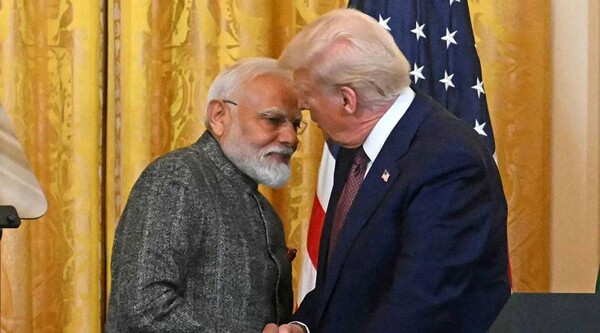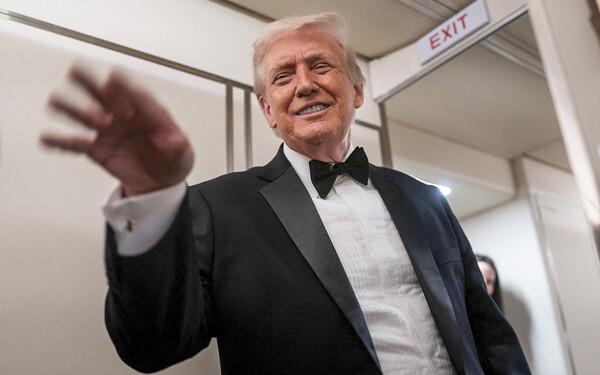
The main argument used by the United States to impose tariffs on countries like Mexico is the supposed trade deficit it has with them, considering it unfair. However, this argument is unsustainable, given the privilege the United States obtained at the end of World War II by becoming the issuer of the currency used for international transactions worldwide. This situation allows it to print more money to cover its trade deficits, unlike other countries that need to accumulate dollar reserves to balance their trade accounts.
Moreover, by controlling access to the interbank transfer system, the United States can block transactions from countries it decides to sanction. It is important to note that in response to this situation, several regional blocs and countries are seeking alternatives to the dollar as an international reference currency, including China and the BRICS.
The United States aims to promote its reindustrialization with the imposition of tariffs, especially in strategic sectors like pharmaceuticals, steel, energy, and semiconductors. To achieve this, it intends to make access to the U.S. market more expensive for corporations with foreign subsidiaries and to lower operation costs for those that repatriate their plants, eliminating environmental regulations and worker protection standards.
This strategy is part of an attempt to break away from free trade and globalization policies in order to improve U.S. competitiveness, even at the cost of impacting the rest of the world. However, this measure carries significant economic and social consequences, not only for countries like Mexico but also on a global scale.
Despite the stated objectives of the Trump administration to enhance the positioning of the U.S. oligarchy against countries like China, the implementation of these policies may have devastating repercussions in terms of poverty, employment, and public services. It is essential to find interlocutors in Washington who understand the real impact of these measures and advocate for constructive and mutually beneficial dialogue.














